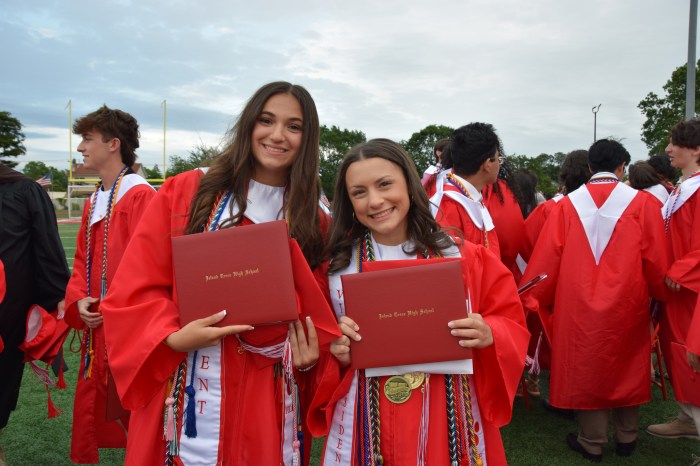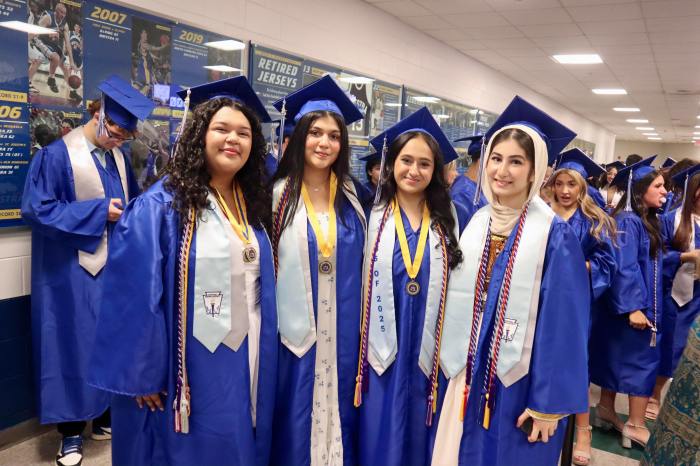Lately I’ve been running into people who think the St. Thomas Malankara Orthodox Catholic Church in Levittown’s North Village Green is a mosque. I’m not sure what’s so Islamic about it: the “St. Thomas,” the “Orthodox Catholic Church” or the large cross atop the building. Yet, it’s being called “a mosque” and its being called this with a tone of disdain. I’d ignore this except for some remarks I saw on Facebook the other day about Moslem people and Islam – scatological and obscene allusions unsuitable for print in a family newspaper. I don’t use the term “bigotry” too often, but that’s what evidently exists.
I know many Moslems and have a great respect for Islam. When I think of Moslem men, I don’t think of maniacs with box-cutters hijacking planes. I think of men dedicated to family, faith, and tradition who care more about their kid’s academic performance than about cars, gadgets, and porn on cable; men whose lives are not built around worshiping professional athletes and alcohol consumption. When I think of Moslem women, I think of lady like, modestly-attired people of faith aspiring to be mothers, wives, and professionals rather than dysfunctional doxies, bimbos, and train wrecks like Paris Hilton and Britney Spears.
The Moslem teenagers with whom I’ve worked have scientists as their role models, not drug-addicted rock stars or semi-literates who can throw a ball. When I think of Moslems, I think of people whose skin and hair color, garb, native tongue, and religion is very different from my own but who, nevertheless, exhibit the virtues and values which are universal amongst civilized races, tribes, and nations everywhere and which are becoming increasingly scarce amongst so-called “modern” and “free” people.
And when I think of Islam, I think of an intellectual and spiritual discipline dedicated to understanding God, venerating the prophets and sages of old, and revering Jesus Christ and Mary; an entire philosophical structure that bequeathed us scholars and scientists who were as much heirs to ancient Greek and Roman learning as the great minds of Europe. Islam gave us algebra and our numerals; transformed a nomadic desert people into literate city people with doctors, lawyers, academicians, clergy, and merchants whilst the ancestors of many Europeans were still living in mud-and-thatch wigwams.
I think, too, of Islamic law – law based on Koranic and Biblical principals wherein order and tranquility and the welfare of society are put ahead of the neurotic whims and “rights” of the disruptive, destructive, antisocial, shiftless, and moronic.
I’m astounded by how little Americans know about Islam. A former Levittown honors student (Class of 2003) once told me that growing up she thought that Moslems were “like Protestants or something”. It underscores one of the multitudes of flaws in our system of public education: the inability to distinguish between living in a secular society from promoting a secularist ideology. Our educators, inspired by endless ACLU-instigated lawsuits, have so effectively expunged any detailed references to religion or ecclesiastical institutions that the most basic understanding of historical events – many scientific discoveries and artistic expressions – has been lost. Without detailed knowledge of Christianity and Islam, for example, studying the history of Europe and the Middle East is like studying oceanography without water.
This country was not founded by royal chargers and legal documents but by the Puritans in New England, the Catholics in Maryland, the Quakers and Amish in Pennsylvania, and other peoples whose motivations can only be comprehended by understanding religious beliefs, practices, and teachings.
The great political and social movements – towards political independence, towards the abolition of slavery, towards civil liberties, and towards labor reform – were essentially moral crusades led by clergymen, peopled by the faithful, and with a profound religious underpinning.
Even our understanding of modern science has been distorted by secularism’s apocryphal interpretation. Bacon, Newton, Galileo, Einstein, and Darwin were not secularists regardless of what conflict they may have had with the ecclesiastical authorities of their day and that would be illuminated by reading the original historical sources rather than depending on the simplistic pop culture depiction of events.
The ironic thing about our secularist education is that – in the name of diversity, tolerance, inclusion, and supposed constitutional principles – it’s created the atmosphere of ignorance in which the aforementioned bigotry has flourished. Islam, like Judaism, Christianity, and modern science is one of the great civilizing forces in the world. The Americans who attack Islam are oftentimes the same people who know little about the historical, cultural, scientific, and religious heritage of their own civilization and denigrate it with their ignorance as extensively as they denigrate Islam with their prejudice.
Paul Manton
Levittown






























